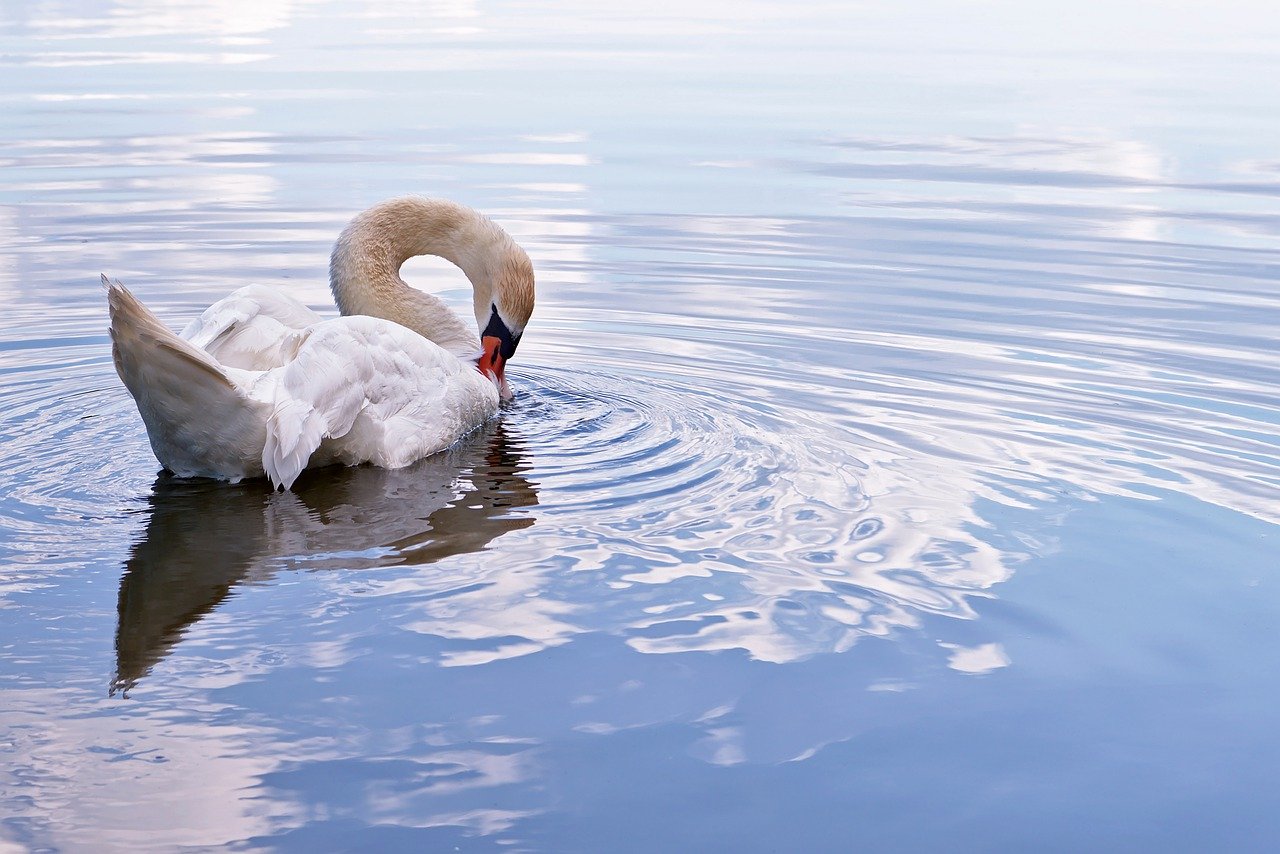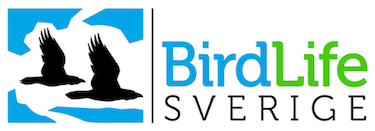Behaviour of Mute Swans Cygnus olor wintering at a municipal beach in Gdynia, Poland
DOI:
https://doi.org/10.34080/os.v17.22685Keywords:
winter ecology, climate effects, anthropological effects, behaviour, intraspecific interactionAbstract
Mute Swan time-activity budget was studied on a municipal beach in two consecutive winter seasons, 2005 and 2006. The major difference between years in activity pattern was that adult swans decreased minimum feeding time, rested less and moved more in 2006. This year air temperatures were lower at the same time as humans provided less bread due to avian influenza fear. Despite higher energy expenditure in 2006, Mute Swans did not increase the total feeding time, probably because they still met metabolic demands. In 2006 the amount of aggressive attacks (mostly by adults on juveniles) increased.
Downloads

Downloads
Published
How to Cite
Issue
Section
License
The copyright of each contribution belongs to the author(s), but all contributions are published under a Creative Commons license, so that anyone is free to share and reuse the contribution as long as the copyright holder is attributed.







